
Lebanese-Swedish entrepreneur and former Miss Australia pictured here during her time working as a model in Beirut, in 1999. (Credit: @nicolegazaloneil / Instagram)
Nicole Gazal-O’Neil’s signature catchphrase on the Real Housewives of Sydney is “In a city of riches, I find true wealth at home” – which is exactly where the pageant queen-turned-reality TV star welcomes L’Orient Today for an interview.
Nicole is seated in a bright spacious kitchen overlooking a backyard pool in Sydney’s luxurious bayside suburbs where she lives with her husband and two daughters. Clad in pink and serving freshly baked baklava, the scene accurately reflects her television alter-ego’s mantra.
Nicole starred in seasons one and two of the popular franchise’s Sydney edition, one of three in the country, the other two shows hosted in Melbourne and Auckland. They’re part of 20 international installments of the original concept, first aired as The Real Housewives of Orange County in 2006.
The Real Housewives of Sydney was launched in 2017 but canceled after one season reportedly because American TV executives found the show, with its explosive on-screen altercations, “too extreme.” However, it was revived six years later for a second season and Nicole was one of two original cast members invited back. A third season was confirmed in April.
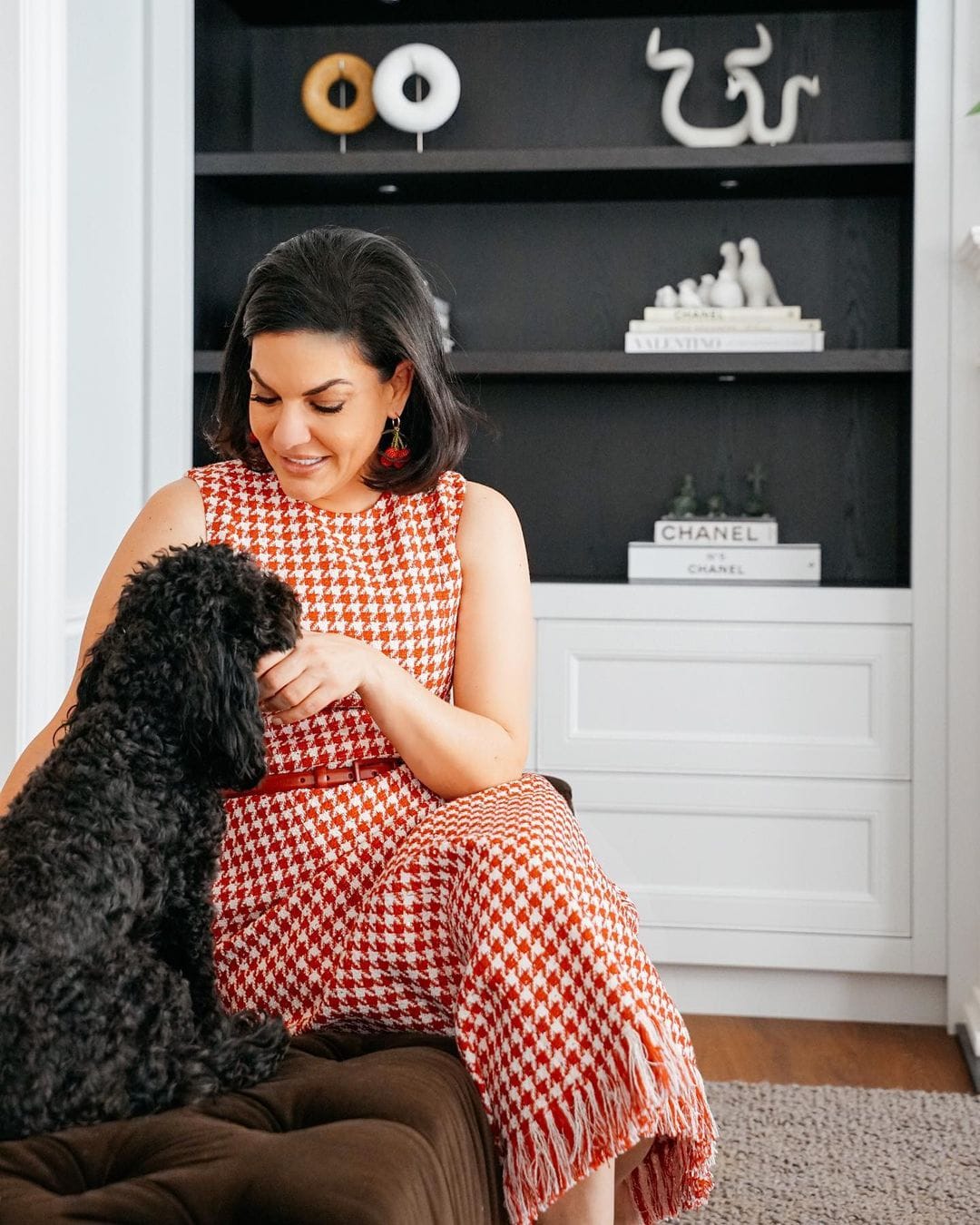 Nicole wearing a Leo Lin dress in her home in Sydney, in a photo shared in October 2022. (Credit: @nicolegazaloneil / Instagram)
Nicole wearing a Leo Lin dress in her home in Sydney, in a photo shared in October 2022. (Credit: @nicolegazaloneil / Instagram)
The show is meant to be voyeuristic, she says. “With so much tragedy and heartache that's going on in the world, it is a form of escapism.”
Equally as warm outside the camera’s frame as she is within it, being invited into Nicole’s home feels like joining the family, however momentarily. “Family is everything,” she says.
Her own family wasn’t so sure about her appearing on the show, she admits.“I think in Australia, reality TV isn’t perceived in the best light,” she explains. Plus, its stars are “at the mercy of the producers.”
While the show is supposedly unscripted, the housewives’ storylines and on-screen personas are crafted by showrunners, and editors have the freedom to rearrange footage for dramatic effect.
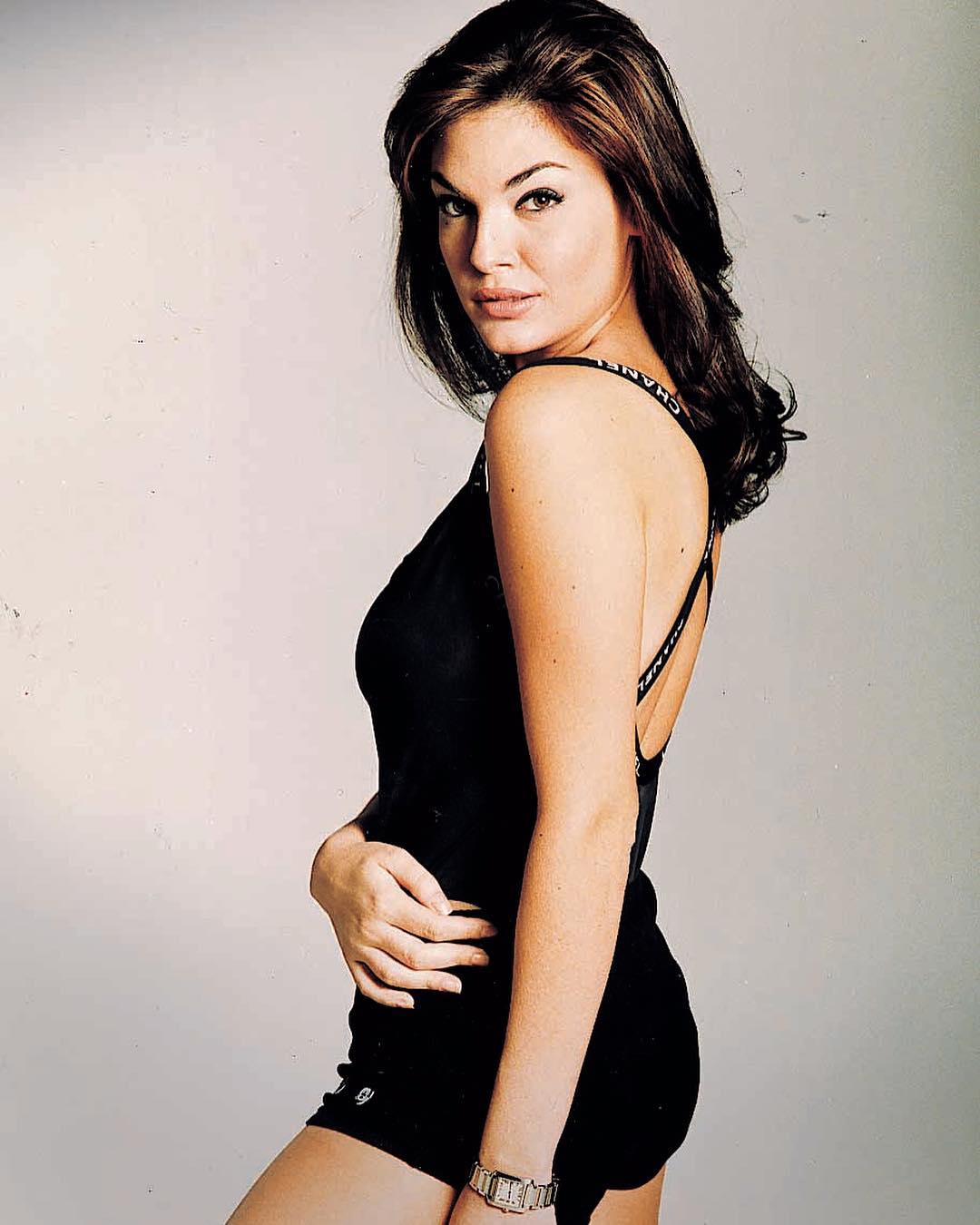 Nicole modeling for Chanel at the age of 21. (Credit: @nicolegazaloneil / Instagram)
Nicole modeling for Chanel at the age of 21. (Credit: @nicolegazaloneil / Instagram)
The attitude toward reality TV is gradually changing, Nicole believes, and it shows in the ratings. The Real Housewives of Sydney ranked in Foxtel’s top five local productions in their respective broadcast years, according to the Sydney Morning Herald.
From Beirut to Dubai to Sydney
Nicole says that the global nature of the Real Housewives, with shows all over the world, from Nigeria, Finland, Greece, Slovenia and many in between, reflects her own view of the world.
Born in Dubai to a Lebanese father and Swedish mother, she was exposed to an array of cultures and languages – Arabic, Swedish, French and English – from a young age. At 5 years old, her father, Nabil Gazal, decided to move the family to Australia.
In 2010, when Gazal passed away, John Ajaka, the first Lebanese-Australian Liberal Party MP and president of the New South Wales Legislative Council, gave a speech to the council as a tribute to Gazal.
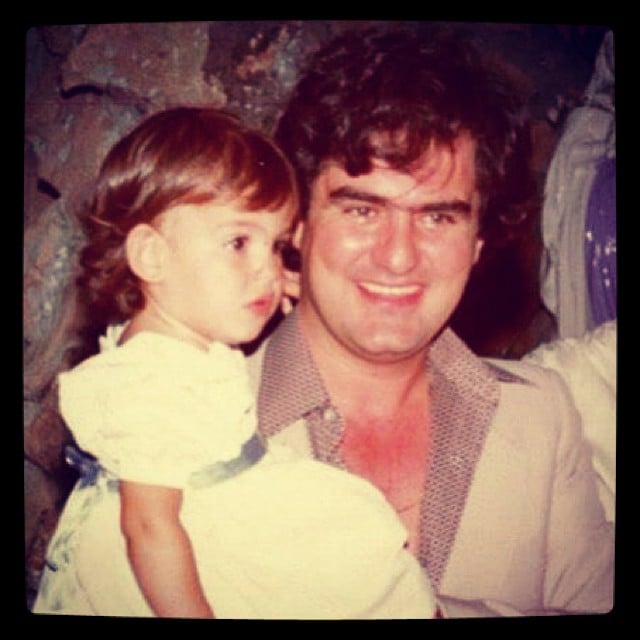 Nicole and her father Nabil Gazal in a photo shared on the three-year anniversary of his passing, Oct. 7, 2013. (Credit: @nicolegazaloneil / Instagram)
Nicole and her father Nabil Gazal in a photo shared on the three-year anniversary of his passing, Oct. 7, 2013. (Credit: @nicolegazaloneil / Instagram)
“Nabil Gazal is a perfect example of the contribution made to our Australian community by Australians of Lebanese background,” Ajaka said. “His diligence, perseverance and work ethic, his staunch family values and his absolute commitment to those less fortunate make him a role model to all immigrants wanting to make a life in Australia.”
Gazal studied Civil Engineering at the American University of Beirut (AUB), where his impressive grades landed him a scholarship, without which he wouldn’t have been able to afford to continue his education. After a stint in joblessness and precarity, Gazal started his own construction company, finding much prosperity in Dubai where, as Ajaka says in his speech, the city’s then-ruler Sheikh Maktoum bin Rashid al-Maktoum referred to Gazal as “The Lebanese Engineer.”
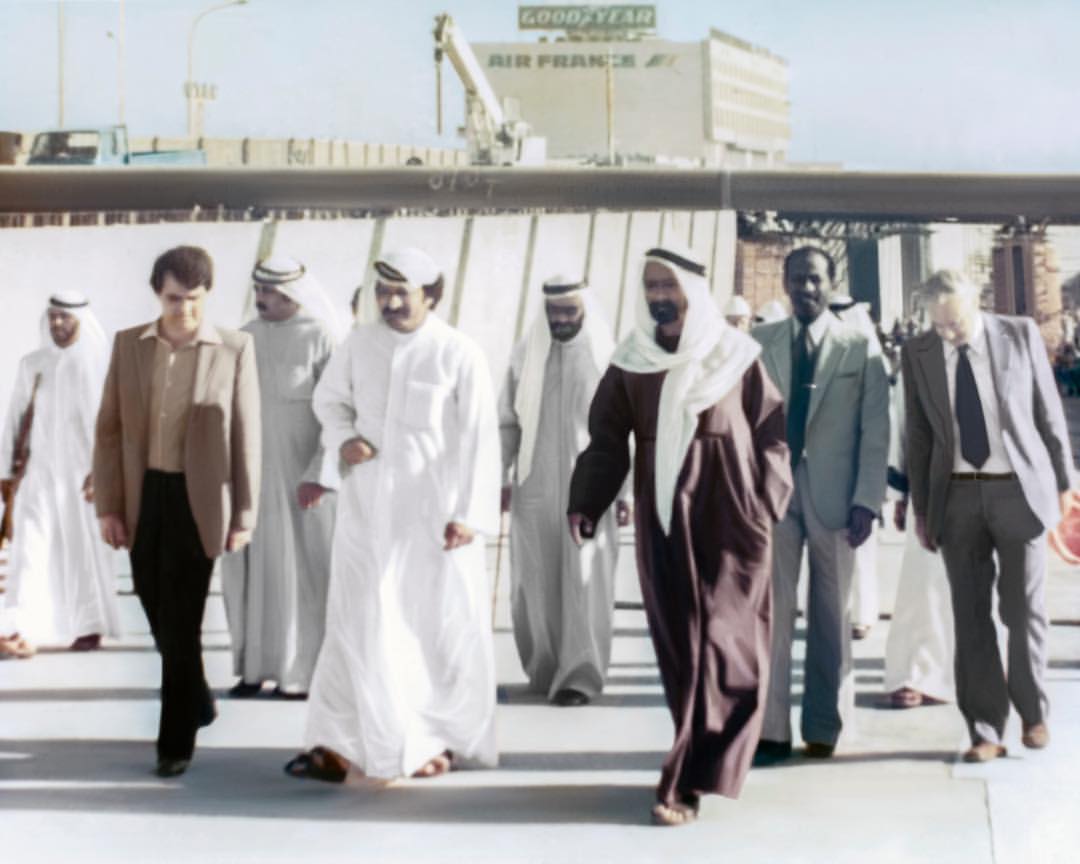 Nicole's father Nabil Gazal with Dubai's then-ruler Sheikh Maktoum bin Rashid al-Maktoum at the opening of one of Dubai's first underpasses, built by Nabil in the 1970s. (Credit: @nicolegazaloneil / Instagram)
Nicole's father Nabil Gazal with Dubai's then-ruler Sheikh Maktoum bin Rashid al-Maktoum at the opening of one of Dubai's first underpasses, built by Nabil in the 1970s. (Credit: @nicolegazaloneil / Instagram)
The family came to Australia in 1984, during a peak period of Lebanese migration, as many sought to escape the country’s Civil War, which was at that point in its ninth year.
Lebanese migration to Australia dates back to the 1880s, but descendants of the first wave of immigrants often recount that their arrival was accidental. According to research by Lebanese-Australian historian Anne Monsour, many from Mount Lebanon who landed in Australia around the turn of the century thought they were going to America.
Monsour describes how anti-Arab racism was quick to spring up, with Lebanese migrants already being turned away from the coast by the late 1880s. In 1888, Monsour's research shows, there were calls for parliament to "restrain the excessive influx of such undesirable colonists" out of fear their presence would lead to "the moral and physical deterioration" of Australia's European population.
Now, Lebanese have a significant presence in the country. A 2021 census showed more than 248,000 Australians who reported Lebanese ancestry— 87,340 of them were born in Lebanon.
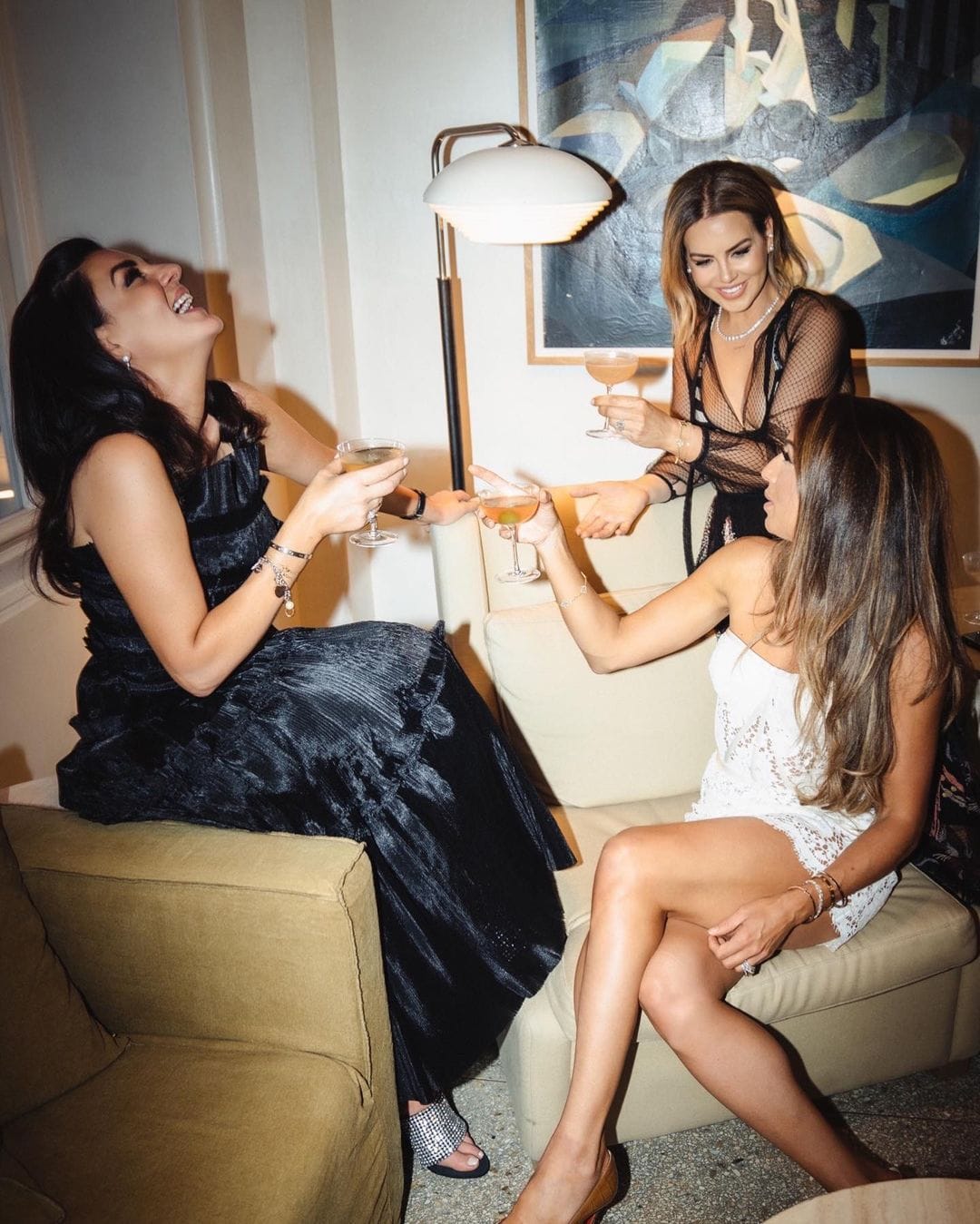 Nicole, Kate and Victoria enjoying drinks at "mimi's" fine dining restaurant in Sydney, in a photo shared in October 2021. (Credit: @nicolegazaloneil / Instagram)
Nicole, Kate and Victoria enjoying drinks at "mimi's" fine dining restaurant in Sydney, in a photo shared in October 2021. (Credit: @nicolegazaloneil / Instagram)
“It took a long time for Lebanese-Australians to be proud to be Lebanese,” Nicole says. But for her, this wasn’t an issue. She’s always been very proud to be Lebanese and she has, in turn, passed this pride on to her daughters, now teenagers, who she says also feel connected to their Lebanese heritage.
Nicole regularly shared this on the show. “To me it was very important that my authentic self came through, and so much of me is my heritage.”
In episode two of the Real Housewives of Sydney’s second season, she hosted a Lebanese night, serving a home-cooked feast of Lebanese food. She says the show’s producers featured it with enthusiasm.
‘The changing face’ of Australia
Before becoming a reality TV star, Gazal-O’Neil was a beauty queen, entering the limelight in 2002 when she won the Miss Australia pageant.
“Typically, Miss Australia was the stereotypical blond, blue-eyed girl,” she says. Deviating from this standard, Nicole was celebrated as “the changing face” of Australia.
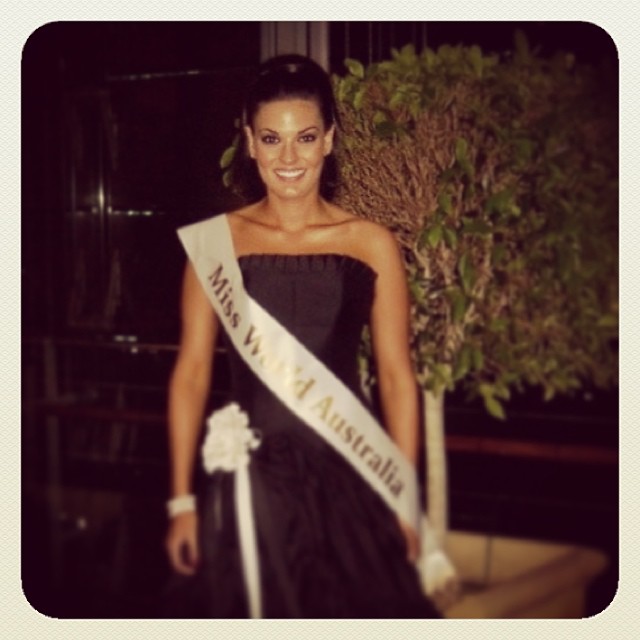 Nicole crowned Miss Australia in 2002. (Credit: @nicolegazaloneil / Instagram)
Nicole crowned Miss Australia in 2002. (Credit: @nicolegazaloneil / Instagram)
Less known is that she was a Miss Lebanon runner-up in 1999, scouted for the pageant by “someone who knew someone, who knew someone.”
The Miss Lebanon pageant dates back to 1971 and is watched by millions of Lebanese at home and in the diaspora every year. “There was a lot of controversy over the competition. Some people said I didn’t win because I didn’t speak Arabic. I could understand [Arabic], but wasn’t fluent enough to answer questions in it,” she recalls.
After graduating high school, Nicole lived in Lebanon for four years on and off, studying Commerce at the Lebanese American University in an exchange program. She had visited several countries but fell in love with Beirut “and a very handsome man.” So, for a short while, she traded her comfortable life in Sydney, where everything felt meticulously planned, for Lebanon, the land of “joie de vivre.”
“It’s been a while,” she sighs. Nicole hasn’t visited Lebanon since 2018, before the crisis.“I would love to go back, but from what I understand, the political situation there is not great at the moment.”
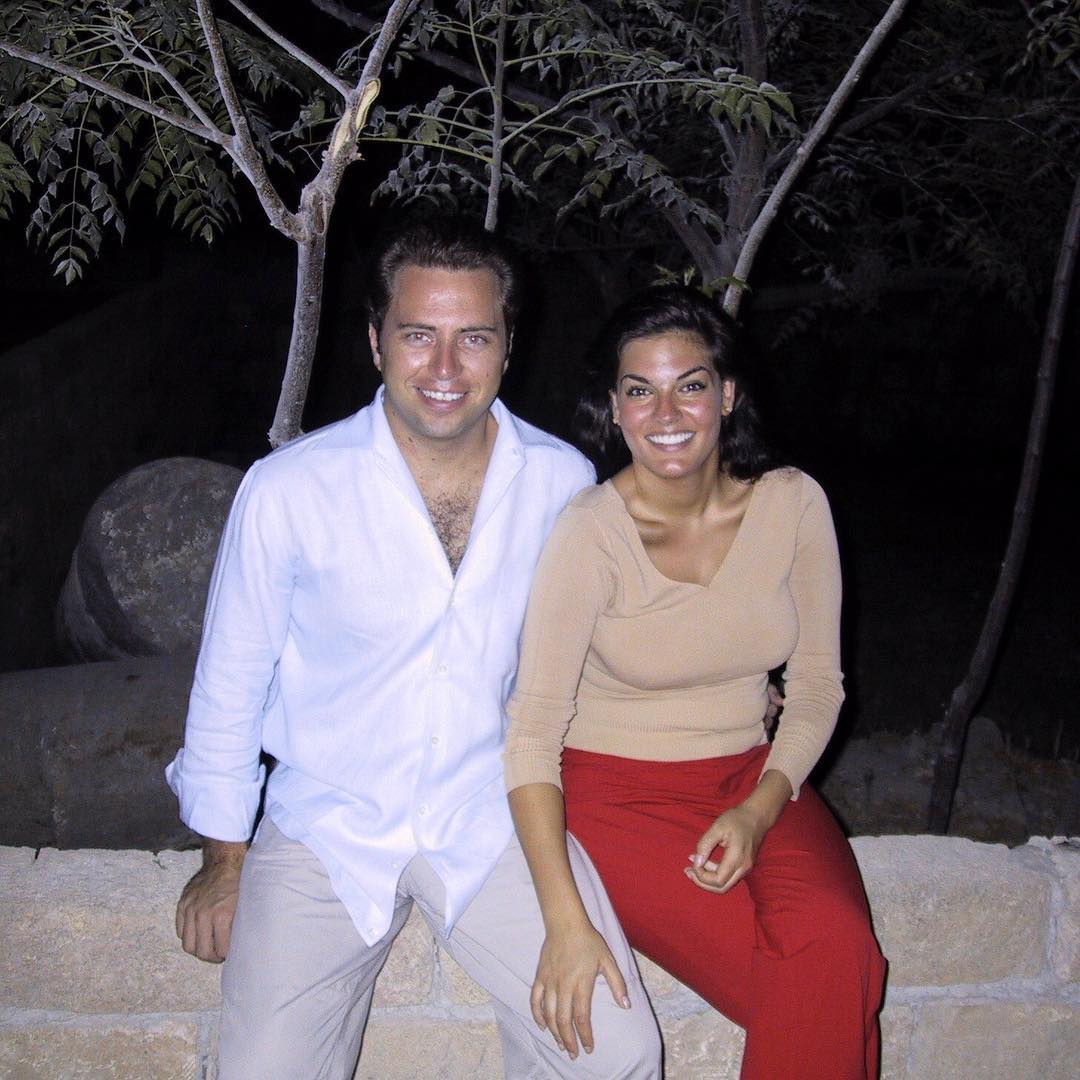 Nicole and her soon-to-be husband Adam O'Neil during a trip to Beirut in August 2001. (Credit: @nicolegazaloneil / Instagram)
Nicole and her soon-to-be husband Adam O'Neil during a trip to Beirut in August 2001. (Credit: @nicolegazaloneil / Instagram)
She recalls a childhood visit to Beirut during Christmas, which ended with her family having to make an abrupt escape in the middle of the night.
“It would have been in the early 80s. My mother was pregnant with my brother and the Civil War was happening. I'll never forget, as a 3- or 4-year-old child sitting in a basement in one of the buildings in pitch black and having to be really quiet.”
That night, the Gazals drove with the headlights off and their heads kept low until they reached the dock, where they fled by boat to Cyprus.
In 2020, when the explosion at Beirut’s port devastated the city, Nicole watched in horror from afar, feeling helpless but determined to do what she could. She launched an initiative called ‘Basics for Beirut’ with a friend. Through the initiative, they sent six 40-foot containers of aid to Beirut. Lebanon, she says, will always remain close to her heart.
